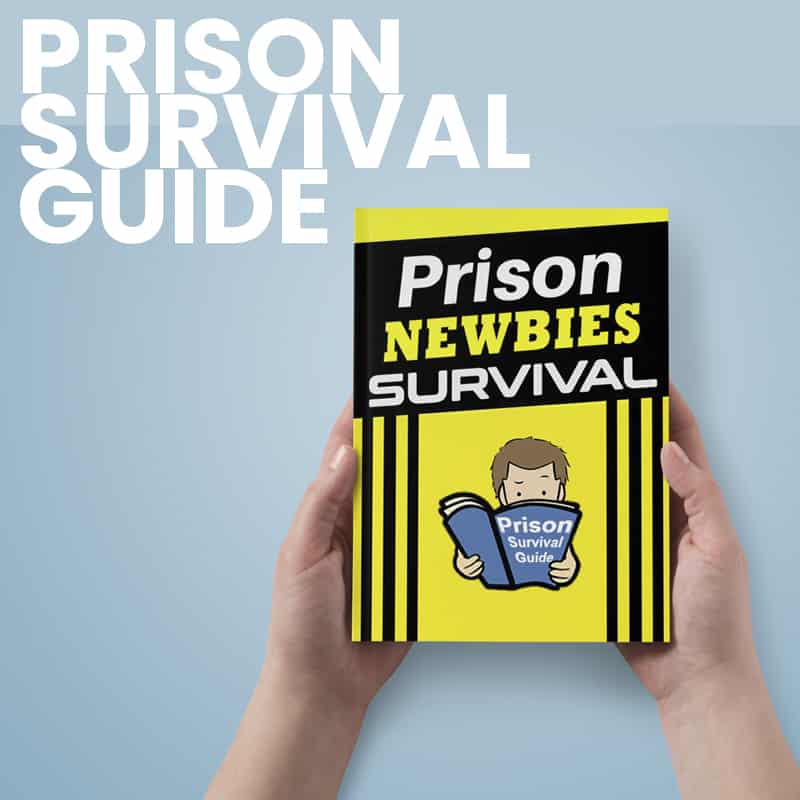First night in Prison.
What is the first night in prison like? Very foreign feeling, its like your in the middle of a film set. You’ve seen these images before but never imaged yourself now standing in the middle of prison.
When I landed in the middle of wandsworth prison, I remember looking around it was a blue and cream themed wing; the walls were cream and the doors and banisters and rails were blue. It was eerily quiet. I could see another officer in the distance the other had stopped on another floor. I made my way towards him, you could hear the stereotypical jingling of keys resonating around the empty landing as he walked towards door 304, “This is you mate” and unlocked the cell door. Inside I was trembling as I squeezed by him and the door to get inside the cell.
Inside, there he was, my cell mate, medium build, on his hands and knees scrubbing the floor, shirtless, the cell wreaked of chemical products. He stood up, I didn’t know the prison etiquette, so I just stuck out my hand and said hi and introduced myself, he returned the gesture and shook my hand. With that the door slammed behind us.
I felt relieved that initial dreaded moment was over. I had a quick scour round the room. Bunk beds on my left, a desk affixed to the wall on my right with 2 chairs, a cupboard above that and immediately to my right, next to the door was a small TV and miniature kettle. Towards the end of the bunks was a sink in the wall like you’d find at a public loo and a toilet covered by a shower curtain.
The first night in prison is always like a get to know you session. You are normally in an induction wing for your first night in prison so just remember that everyone is in the same boat.
You will probably spend your first night in prison getting over the shock of being sentenced or actually physically being in prison. Then youll spend a good amount of time, if you have a cell mate which is a high probability, talking about your crimes, sentences, family and life on the outside, Before you know it, its bed time.
You will want to put in your first canteen sheet as soon as possible. You can read about Prison Canteen here

First night in Prison
The first night in prison I remember vividly. I remember staring up at the ceiling and then looking at the really close walls and finally, the door that shall remain locked, out of my control for some time. You think about your loved ones on the outside and how they are coping and then whats to come tomorrow when you open your eyes. It feels very alien and so many emotions to contend with. Best thing to do and as hard as it sounds is to try to get some sleep. You’ve now got so much time on your hands, you’ve just come from a fast paced world into a snails pace place which takes time to adjust to.
Going to the toilet with another man in the room is something youll have to get used to aswell, For me, Stage fright took over and it felt like an eternity to finish the stream.
This is from my diary from my first night in prison:
“Up I climbed to the top bunk by leaping off one of the chairs from the desk. Lying on my makeshift pillow which was stuffed with clothing, I pulled up the orange stinky itchy blanket and stared at the flaky cracked ceiling.
I felt myself welling up once again as I started to think about my wife lying in our bed with an empty space beside her where I would normally be. Tess in the next room wondering where her dad would be, no normal bedtime routine, no bedtime story from daddy and mummy brushing her teeth instead of daddy. No bedtime kiss and I won’t be there in the morning when she wakes.
I wanted to crawl up and ball like a baby, but I kept swallowing it and just wanted the worst day of my life to be over. I’m no longer Daniel the husband, Dad or Son. I’m now prisoner A29*** of Wandsworth Prison. The bed was so uncomfortable, it was like a Pilates matt on top of a park bench. As I closed my eyes, I wanted go from a living nightmare to a dream just to take a break from this unbelievable day.
I finally nodded off, only to be woke an hour later with someone kicking their cell door in. it frightened the life out of me as I sat up startled. The screams that accompanied it was like a sound effect you’d use on Halloween, blood curdling like someone was being murdered. The sound of quick footsteps followed by the noise of jangling keys going past our cell door. My heart was pounding but the only reassurance I could give myself was, the cell door was firmly locked, no one was getting in.”








